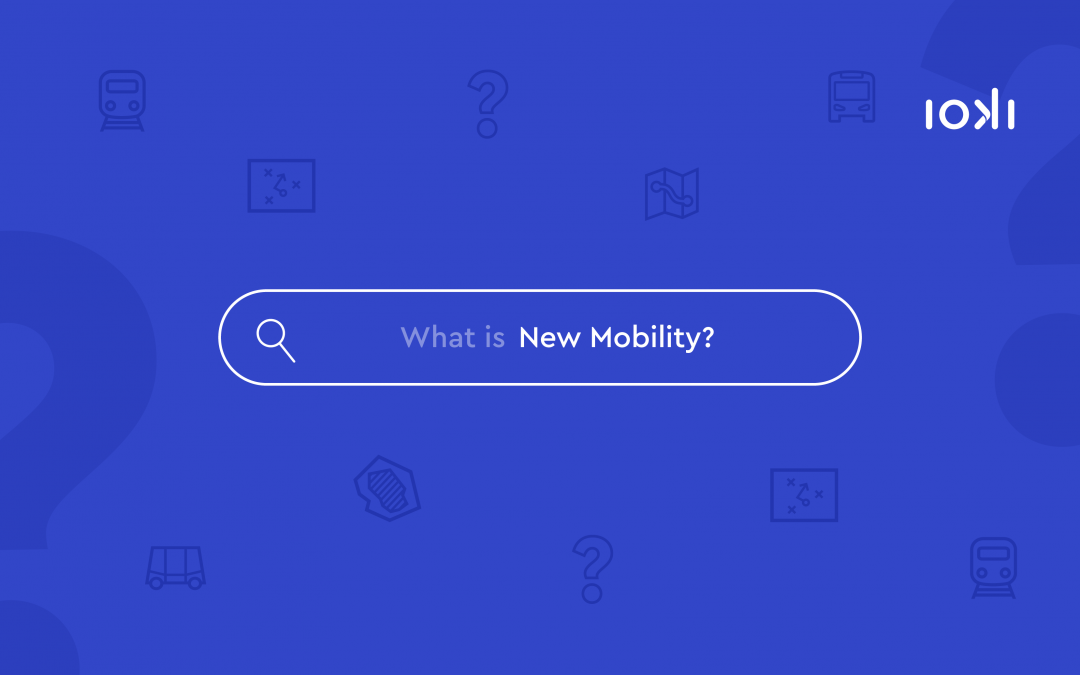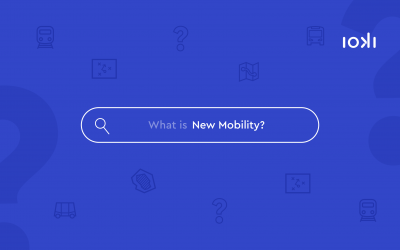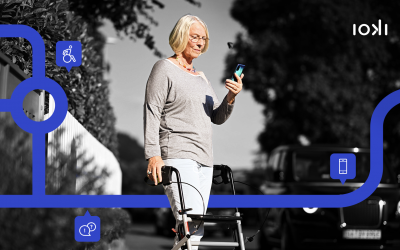While this field is developing rapidly and growing in opportunities, it also poses challenges – both for national authorities and the private sector. It is important that countries take on the public’s views and develop mobility solutions that are generally perceived as attractive.
Norway
Norway’s capital Oslo, as the Environmental Capital 2019, is one of the pioneers when it comes to sustainability and micro mobility in Europe. The goal: to transform Oslo into an intelligent, environmentally conscious city. The Scandinavian city is orienting itself towards metropolises such as London or Paris as pioneers of alternative mobility solutions to strengthen public transport. The Norwegian government wants all local transport (including ferry trips) to be electric and thus emission-free by 2028. This is intended to make Oslo more attractive not only for its own population but also internationally, thus offering tourists a modern, technology-driven city with a modern mindset.
Thereby, the city will also free itself: Last year, around 700 parking spaces were abolished in Oslo without replacement and parking fees were increased. Pedestrians enjoy new urban open spaces in a traffic-calmed city with fewer traffic jams. The city centre has hereby not become less attractive as a result. On the contrary: In fact, the city has recorded more visitors. The country’s long-term transport policy goal is, among other things, to remove cars from the city and to expand public transport more strongly. The technical adeptness of the Nordic citizens gives reason to hope that they will be more receptive towards new forms of transport and able to adapt them more quickly.
«The challenge is to ensure that people continue to see access to green mobility as feasible and a better alternative to their cars. Whether it’s a scooter, a bicycle or public transport, we need to eliminate people’s dependence on the car, while at the same time ensuring the highest level of quietness and comfort when travelling,» says Høgåsen-Hallesby, CTO and founder of the Oslo start-up Urban Sharing, which aims to help cities achieve sustainable urban growth.
Netherlands
With more than 90,000 electric vehicles being recharged daily, the Netherlands operates one of the largest and most advanced charging infrastructures in the world. This positions them as one of the pioneers when it comes to environmentally friendly mobility solutions. The Netherlands strongly believes in changing road mobility by introducing integrated transport systems. They want to use innovative solutions to improve traffic flow in cities, particularly in terms of safety, efficiency and environmental impact. The country’s modern infrastructure and strong traffic management, with a focus on cyclists and pedestrians, provide an ideal test bed for modern, integrated mobility solutions.
Together towards a shift to sustainable transport
The various mobility solutions offered by our neighbours not only prepare the ground for greater sustainability, but also provide an important boost to competitiveness, employment opportunities and growth in Europe. There is a great opportunity to learn from each other’s experiences and to master the mobility revolution together.



